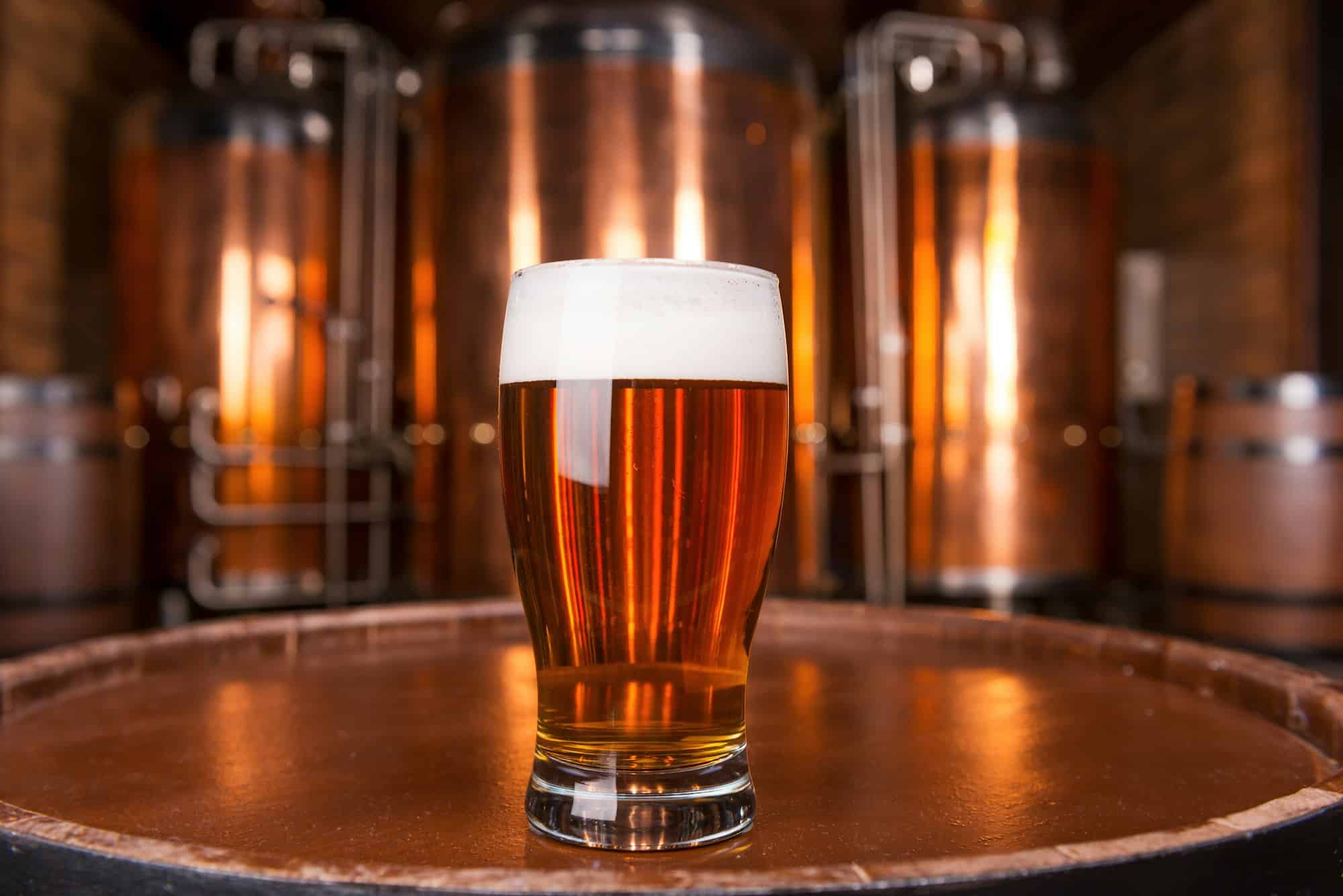How can a UK micro-distillery navigate liquor licensing and product safety regulations?

In the UK, the market for artisanal alcoholic beverages, including beer, gin, and spirits, has been on a steady rise. This surge in popularity has led many enthusiasts and entrepreneurs to consider setting up their own micro-distillery. However, starting a distillery involves navigating complex licensing laws and product safety regulations. This article is dedicated to helping you understand these regulations and how you can successfully comply with them while setting up and running your distillery. We will cover the licensing process, the role of HM Revenue and Customs (HMRC), and the importance of product safety rules.
Understanding the licensing process
Before you can start producing alcohol, you need to get licensed by the HMRC. The HMRC has a duty to ensure that all alcohol production in the UK is in compliance with the Excise Goods (Spirits) Regulations 1991.
En parallèle : What detailed steps should a UK-based custom motorcycle shop follow to meet vehicle safety standards?
First, you need to apply for a distiller's license. This license permits you to produce spirits on your premises. Before granting the license, HMRC will want to know about your financial situation, your business plan, and your understanding of your obligations under the law. HMRC may also inspect your premises and equipment to ensure they meet their standards.
Second, you must apply for approval of your production premises. This involves providing HMRC with detailed plans of your premises and the production process you intend to follow.
Sujet a lire : How does a UK company dealing in antiques comply with the Export Control Act?
Lastly, you will need to apply for a bond. A bond is a guarantee that you will pay any duty owed to HMRC if your business fails. The size of the bond will depend on the estimated annual duty on the spirits you plan to produce.
Registering and complying with HMRC
After you've received your licenses and approval, you're required to register your premises with HMRC. This is where your company's primary production activities will take place.
The HMRC has the power to inspect your premises at any time, without notice. They will be checking that you are complying with all relevant regulations. Regular checks may include reviewing records, taking samples of products, and inspecting the premises and equipment.
You're also required to keep detailed records of all your business activities for at least 6 years. These records must include details about your raw materials, your production process, the spirits you produce and store, and any spirits you dispose of or destroy.
The role of product safety regulations
When you're producing food or drink products for public consumption, it's vital to comply with product safety regulations. These rules ensure your products are safe to consume and that they meet the required standards.
The primary product safety regulation you need to comply with is the Food Safety Act 1990. This law ensures that all food and drinks you produce are safe to eat. It also requires you to have systems in place to trace your products, in case of a recall.
In addition to this, you should also comply with the General Product Safety Regulations 2005. This law applies to all consumer product categories and outlines the general safety requirements that all manufacturers need to meet.
You should also take note of the Food Information Regulations 2014. This legislation covers the information that you must provide to consumers about your product, including ingredients, allergens, nutritional information, and instructions for use and storage.
Navigating the Excise duty
Excise duty is a tax that you must pay on the spirits you produce. The amount of excise duty you need to pay depends on the strength and volume of your spirits.
You are required to pay the duty when the spirits leave your premises, not when they're sold. This means that you will need to factor in the cost of excise duty into your pricing strategy.
Additionally, if you're producing beer or cider on your premises, you may qualify for Small Brewers Relief or Cider Makers Relief. These reliefs reduce the amount of excise duty you have to pay, depending on the quantity you produce.
Ensuring the quality of your product
Once you have navigated licensing, HMRC compliance, and product safety regulations, the success of your distillery will ultimately come down to the quality of your spirits. Your product should be able to stand up to scrutiny, both in terms of its taste and its safety.
Regularly test your products to ensure they meet your quality standards and are consistent. This is key to building a loyal customer base and a strong reputation.
Also, stay updated with the latest regulations and industry best practices. This will not only ensure that you remain compliant but will also help you to improve your products and your production process.
Abiding by the Excise Notice requirements
The Excise Notice 39 pertains to all distilleries and producers of spirits in the UK, including micro-distilleries. The notice provides guidance on the application process, the conditions that you need to meet, and the duties that you need to perform as an alcohol duty payer.
Essentially, it provides instructions on how to properly produce, store, and distribute spirits in compliance with the Excise Goods (Spirits) Regulations 1991. This includes how you should produce spirits, the quality of your raw materials, and how you should store and remove goods from your premises.
If you are a small producer, you may qualify for the Small Distiller's Relief. This relief is designed to support small scale distilleries and can reduce the amount of excise duty that you have to pay. However, to qualify for this relief, you must produce less than 1.2 million litres of pure alcohol per year.
You also need to be aware of the duty suspension system. When goods are held in an excise warehouse or are in duty-suspension, no excise duty has to be paid until the goods are removed. The duty point is the point at which you have to pay excise duty. This is usually when the goods leave your excise warehouse.
To operate under duty suspension, you must have an excise warehouse approval and a duty guarantee. The guarantee is a financial security that covers the duty on the goods that are being held in duty suspension.
Comprehending the role of Beer Duty, Warehouse Excise and Duty Suspended Goods
Being a producer of alcoholic products, you must also understand the implications of Beer Duty which is payable on beer, ale, and other similar beverages. For small producers, there's a relief available known as Small Breweries' Relief that reduces the rate of Beer Duty payable on the first 5 million litres of beer brewed in a year.
The concept of Warehouse Excise is another pivotal aspect to consider. A warehouse for excise goods is a place approved by HMRC where you can store goods under duty suspension. This means you can produce, hold, receive and dispatch goods covered by excise duty, without the duty needing to be paid. To get a warehouse approval, you have to meet certain conditions and provide a duty guarantee.
The Duty Suspended Goods regime allows you to suspend the payment of excise duty until the goods are removed from the warehouse or sold. This is particularly beneficial as it allows you to delay payment of duty, improving cash flow within your business, until the point of sale.
Conclusion: Mastering the regulatory landscape for a successful venture
Starting and running a micro-distillery in the UK is not just about brewing high-quality spirits; you also need to successfully navigate a complex regulatory landscape. From obtaining your licenses and approvals from HMRC, understanding excise duty, and becoming conversant with specific regulations like Excise Notice 39 and the duty suspension system to ensuring product safety and compliance with legal standards, every aspect is critical.
Remember, the key to a successful distillery is not only producing appealing and safe spirits but also maintaining robust records, staying updated with changes in regulations and diligently meeting all your legal responsibilities. By doing so, you can ensure that your micro-distillery is compliant, well-regarded, and optimally positioned for success in the UK's vibrant spirits market.
